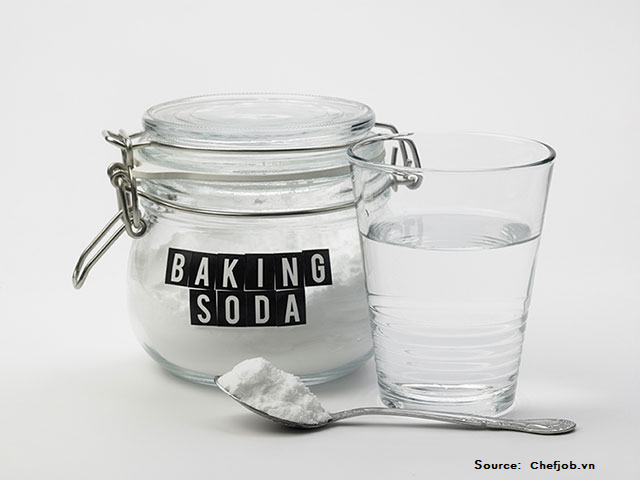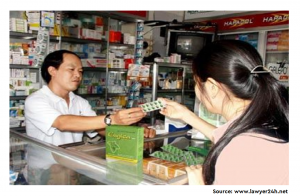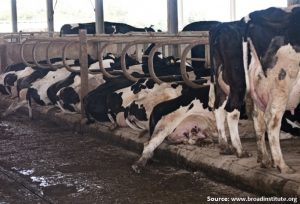The rate of antibiotic resistance is increasing on daily basis. Comparatively, very few antibiotics are in the development pipeline currently. The pharmaceutical companies are not investing much in the development of antibiotics due to a lack of immediate profit. Besides, the development of new drugs requires huge time, research efforts, and investment. In such a scenario, increase the efficacy of existing drugs is one of the key solutions to curb antibiotic resistance. The efficacy of the existing drug can be increased using adjuvants. The macrolide class of antibiotics inhibits bacterial protein synthesis. They are widely used in the treatment of life-threatening bacterial infections. However, certain bacteria have developed resistance to some macrolides which limit their application.
A study led by Dr. Eric Brown Department of Biochemistry and Biomedical Sciences, McMaster University, Canada demonstrated that bicarbonate acts as an excellent adjuvant to overcome bacterial resistance to the macrolide class of antibiotics e.g. azithromycin. They showed that bicarbonate can be used as an additive in the azithromycin formulation. Moreover, the effect of bicarbonate was also studied in the murine wound infection caused by Pseudomonas aeruginosa and methicillin-resistant Staphylococcus aureus. They also observed that bicarbonate either in the form of adjuvant or as a natural component of tissue significantly enhances the efficacy of macrolides in the treatment of drug-resistant infections. This invention opened up new cost-effective ways to increase the potential of existing antibiotics against drug-resistant infections.
To read more click on the (Link)







